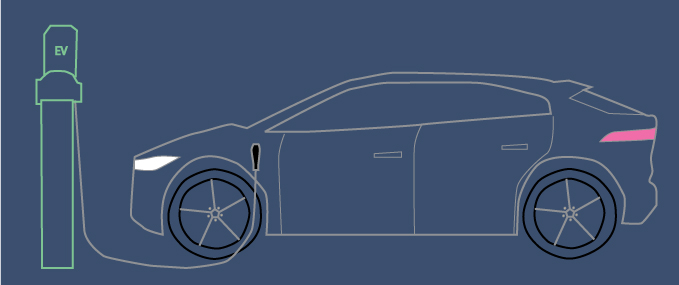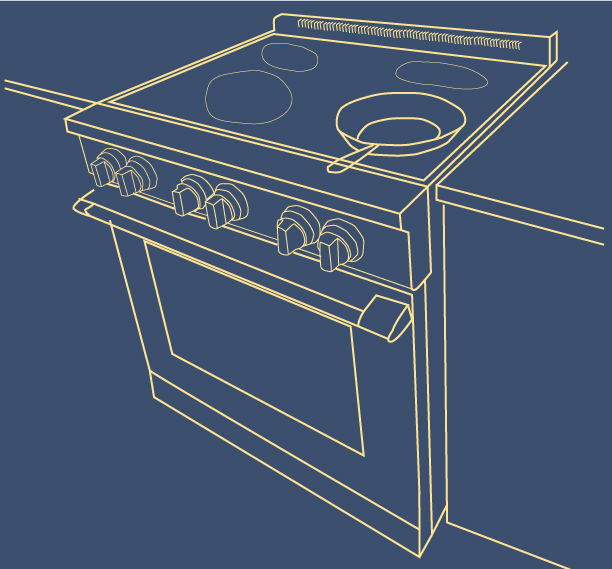Sabbath for the Sky and Sea: Electrification
The Bible prescribes a sabbath for the land. Mosaic law specifies a year of fallow, where “For six years you are to sow your fields and harvest the crops, but during the seventh year let the land lie unplowed and unused…Do the same with your vineyard and your olive grove” (Exodus 23:10-11) (Leviticus 25:3,4). If they did not give the land a sabbath, the price was exile,“‘Then the land will restore its Sabbaths all the days of the desolation, while you are in your enemies’ land; then the land will rest and restore its Sabbaths. All the days of its desolation it will have the rest which it did not have on your Sabbaths, while you were living on it” (Leviticus 26:34-35).

The earth needs a sabbath in the modern age, especially the land and sea, where carbon is accumulating from fossil fuel burning. Electrification is the most direct way to cleanse the skies and seas of pollutants, with carbon driving climate change the one of greatest urgency. Because the electrical grid is quickly moving to greater proportions of renewable energy, primarily wind and solar, transitioning to technologies powered by electricity, rather than fossil fuels, offers a pathway to eliminating carbon emissions.
Heating
Emissions from heating can be dramatically reduced by moving from fossil fuels to electrically powered heat pumps. Heat pumps can be air source, where heat is drawn from the surrounding air, or ground source, where heat is drawn from the ground, geothermal.

Transportation
Electric vehicles, powered by batteries, offer far more efficient motors, even operating emission free if the grid is powered by renewables. They have numerous performance advantages over gas-powered vehicles, such as far fewer parts (less to break) and better torque, although challenges remain, such as charging speed and charger availability.

Appliances
Energy efficiency technologies offer significant potential for reducing climate pollution. Light emitting diodes (LEDs) lights are more efficient, cheaper, less toxic, and longer lasting than traditional forms of lighting. Smart, programmable thermostats and zoned heating and cooling offer considerable opportunity for improving building efficiency. Induction stoves provide efficient electric, and highly controllable heat for cooking.
